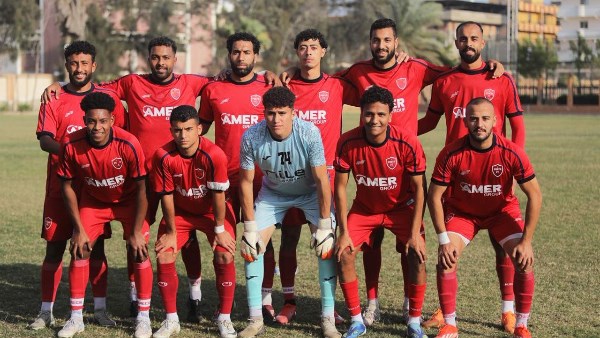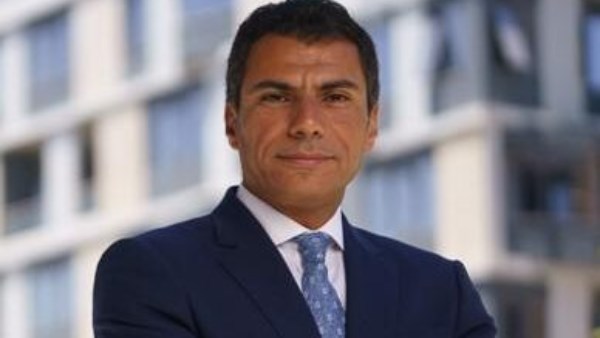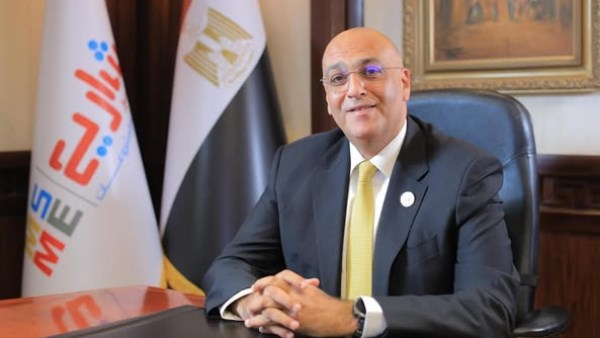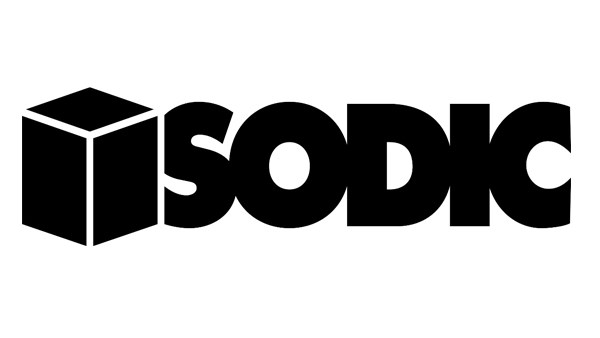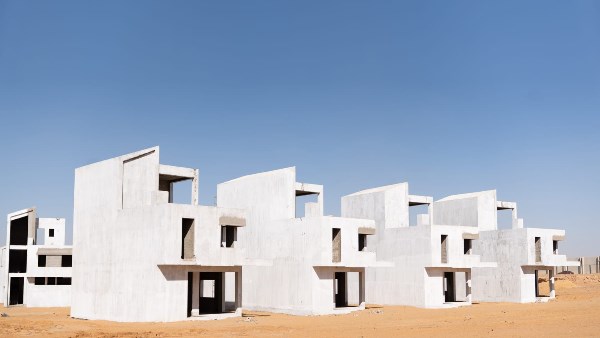
The rankings influence where $15.9 trillion of funds that track the company’s gauges invest their money
Egypt، Pakistan Await Verdict on Emerging-Market Demotion Threat
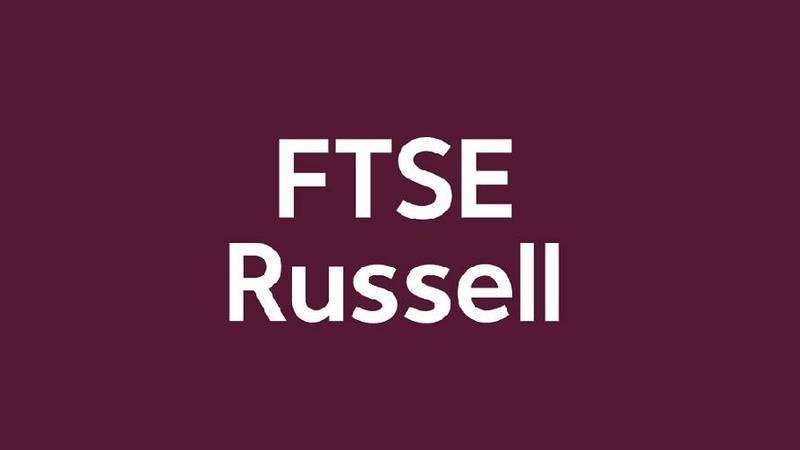
The threat of losing their emerging-market status hangs over Egypt and Pakistan، which will learn on Wednesday whether their economic-turnaround plans are enough to avoid demotion at FTSE Russell. Vietnam is awaiting an elusive promotion.
The index provider will announce the results of its first classification review of 2024 after the close of trading in New York. The rankings influence where $15.9 trillion of funds that track the company’s gauges invest their money، especially in emerging and frontier markets.
Potential downgrade
FTSE Russell has put Egypt in September on a watch list for a potential downgrade by two notches to so-called unclassified status، while Pakistan is at risk of a one-level demotion to frontier markets.
Vietnam has been on the same list since 2018 for elevation to secondary emerging-market status، the third of the index provider’s five tiers.
The review takes place as markets start emerging from a post-Covid saga of debt distress، with a wave of economic reforms sweeping across frontier nations from Argentina to Vietnam. Boosted by billions from the International Monetary Fund، the best performers in bond and equity markets have been some of the most vulnerable economies، such as Egypt، Pakistan and Ecuador.
“The timing for downgrades for Egypt and Pakistan has likely passed with hard-currency inflows for both،” said Hasnain Malik، a strategist at Tellimer in Dubai. In addition، IMF disbursements and policy reforms have boosted market liquidity and reduced the risk of capital controls، he said.
FTSE Russell’s main rival، MSCI Inc.، categorizes Egypt as an emerging market، with Pakistan classified as frontier. Vietnam is seeking a promotion at both.
Here’s a look at the main decisions that investors will be looking for:
Egypt
Egypt was facing its worst economic crisis in decades when FTSE Russell said last year it was considering a downgrade of the country’s equity market، citing complaints about delays in capital repatriation.
Since then، the country has won rescue packages worth more than $57 billion from the United Arab Emirates، the IMF and the European Union. Dollar flows، in addition to a currency devaluation and an interest-rate hike، have removed the stress on the country’s reserves، paving the way for smoother repatriation.
Investors have welcomed the change، with Egypt’s stocks and dollar bonds respectively returning 17% and 22% this year.
Pakistan
Pakistan’s biggest problem since 2017 has been a steady erosion in market size. However، a rebound has been underway since September، with the market adding almost $11 billion of shareholder wealth. FTSE Russell will weigh whether Pakistan’s equities have risen back above the minimum market-size it stipulates to continue as an emerging market.
The country’s stocks have rallied 5.7% this year، outperforming EM peers. Dollar bonds have returned 28%، the third-best performance in the asset class.
Vietnam
Vietnam failed to win a promotion to a secondary emerging market in September due to market reforms that were progressing “slower than anticipated،” according to FTSE Russell.
Key issues include Vietnam’s requirement that foreign investors have fully-funded accounts in the country before starting to trade. Also، strict foreign ownership limits have created a parallel market where shares exchange hands at a premium، sometimes exceeding 40%.
A 13% rally in Vietnamese stocks this year suggests investors are already positioning for the upgrade، possibly later this year if not on Wednesday.
Vietnam has started taking steps to satisfy FTSE Russell، according to Tuan Le، a money manager at Vietnam Enterprise Investments Ltd. This includes proposals on removing the need for pre-funding، he said.
Bangladesh
The index provider will also give an update on Bangladesh، whose stocks had been “frozen” due to the imposition of a floor price on the Dhaka Stock Exchange، disrupting price discovery.
The country’s regulators removed the floor-price system on 320 companies in January this year، while retaining it for about 35.
Fixed Income
In September، FTSE Russell had retained South Korea on its watchlist for a potential upgrade to what it calls Market Accessibility Level 2 and inclusion in its FTSE World Government Bond Index. It also retained India on the watchlist for upgrade to level one and inclusion in the emerging-market bond index.





-1120252475029447.jpg)






